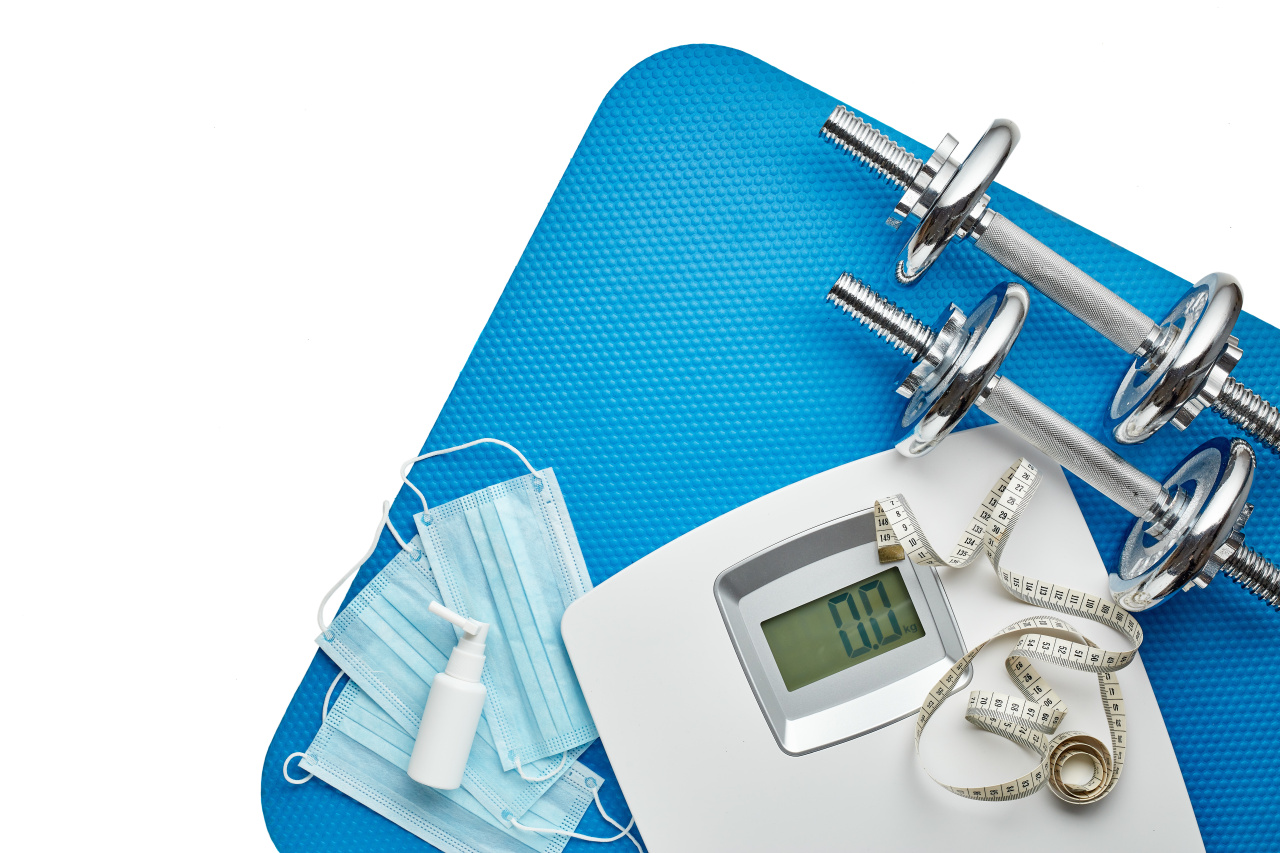Weighty toll of staying at home to avoid coronavirus
Months into pandemic, expanding waistlines a health bane for many
By Kim ArinPublished : June 28, 2020 - 16:21

Park Seung-yun, a 28-year-old Seoulite, is one of many victims of “quarantine weight gain.” He was fortunate enough to work in a job where telecommuting was possible, but that has not been great as far as his waistline is concerned.
“My waist measurement has grown by 2 inches (5 centimeters), forcing me to overhaul my wardrobe. Before the pandemic, I was size M or L depending on the brand. Now, I’m having to get XLs,” he said.
Since he no longer had to commute, he was naturally moving less. He also practiced social distancing almost religiously. At the outbreak’s peak in March, he spent most days without ever stepping foot outside his 23-square-meter studio apartment. The Health app on his iPhone showed he was only walking a few hundred steps a day -- far less than his precoronavirus average of over 6,000.
As someone with a family history of Type 2 diabetes, he said he needs to watch his weight. But it was tough breaking out of the bad habits formed while staying home. The coronavirus-induced sedentary lifestyle coupled with convenient food deliveries created an optimal environment for putting on extra kilograms.
“I might have been spared by the coronavirus. But I worry I’ll come out heavier and unhealthier at the end of this long tunnel,” he said.
Park is not alone in his newfound health affliction, according to Dr. Shim Kyung-won, a family physician at Ewha Womans University Medical Center. Shim, who heads the obesity clinic, said there has been a rise in patients who have reported gaining weight rapidly as of recent.
“Staying active in various ways throughout the day is much more effective than short bursts of workouts in terms of weight control. That can be hard to achieve with what’s going on for obvious reasons,” she said.
A sudden increase in body weight could lead to health problems such as high blood pressure and elevated cholesterol levels, she said. In addition, the weight gained trying to stay away from the virus ironically places people at greater risk of falling severely sick from the infection. According to the Korea Centers for Disease and Control and Prevention, higher body mass index -- the ratio of weight to height -- is associated with more likelihood of hospitalization. Specifically, individuals with a BMI over 40 belong to the at-risk group.
Times are rough to be unfit. And to get needed exercise, added caution has to be taken.
A slew of local outbreaks has involved gyms and other fitness establishments, with the latest being a table tennis establishment in Yangcheon, western Seoul, where at least 77 people have tested positive.
Indoor sport facilities, which have been allowed to reopen since social distancing rules were relaxed on May 6, are among government-designated venues that pose a higher risk of contracting the coronavirus. To boost safety, wearing face masks is mandated for all users.
Requiring masks is a necessary precaution -- but working out in them can make breathing more difficult.
A Pilates instructor at a studio in Yeouido, central Seoul, said the usual 50-minute session takes a few minutes longer when masks are worn, as it is inevitably punctuated with several breaks to catch a breath in the literal sense.
“Breathing is an important element in Pilates -- it helps relax your muscles and improve your range of motion,” she said, adding even professional trainers such as herself struggled getting used to exercising with a mask on.
“Being active in masks may tire you out faster. Still, catching coronavirus is a risk you don’t want to take. Trying low-impact movements and taking breathing breaks in between can help make keeping masks on during exercise easier,” she said.
Preventive medicine professor at Korea University College of Medicine Dr. Choi Jae-wook said people wearing masks are advised not to engage in high-intensity physical activity. “Sweaty masks are not only ineffective, but can also cause serious breathing issues. This is particularly problematic for those with existing cardiovascular or respiratory conditions,” he said.
“Take your exercise outdoors, where there is a significantly reduced chance of getting infected with the virus. At a safe distance from others, you won’t need to wear a mask.”
The state disease control agency has said masks could be forgone in uncrowded, outdoor spaces. Indoors is where hazards are greater.
Pulmonologist Dr. Yum Ho-kee at Inje University Paik Hospital said exercise facilities and parks should be deemed “essential establishments” from a public health perspective.
“Diabetes and hypertension kill more people than the coronavirus. We have to find safe ways for people to get regular physical activity so long as the pandemic lasts to keep other health problems at bay.”
By Kim Arin (arin@heraldcorp.com)







![[KH Explains] How should Korea adjust its trade defenses against Chinese EVs?](http://res.heraldm.com/phpwas/restmb_idxmake.php?idx=644&simg=/content/image/2024/04/15/20240415050562_0.jpg&u=20240415144419)












![[Today’s K-pop] Stray Kids to return soon: report](http://res.heraldm.com/phpwas/restmb_idxmake.php?idx=642&simg=/content/image/2024/04/16/20240416050713_0.jpg&u=)